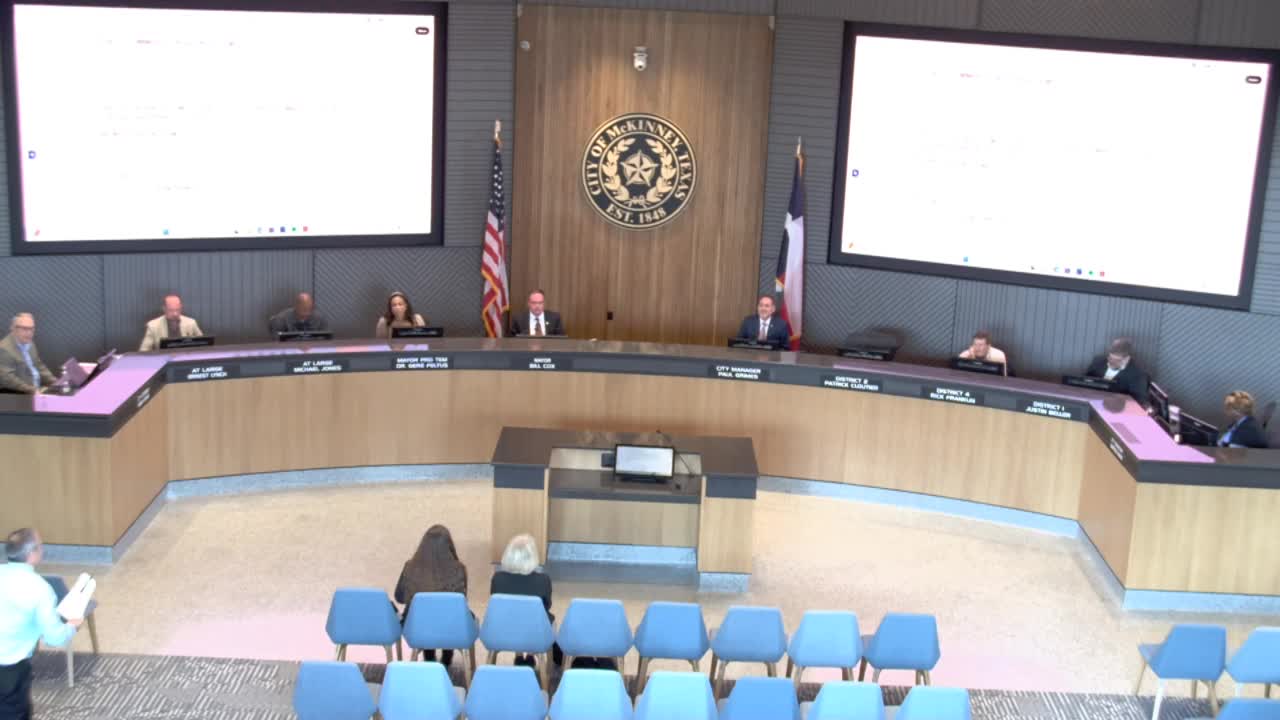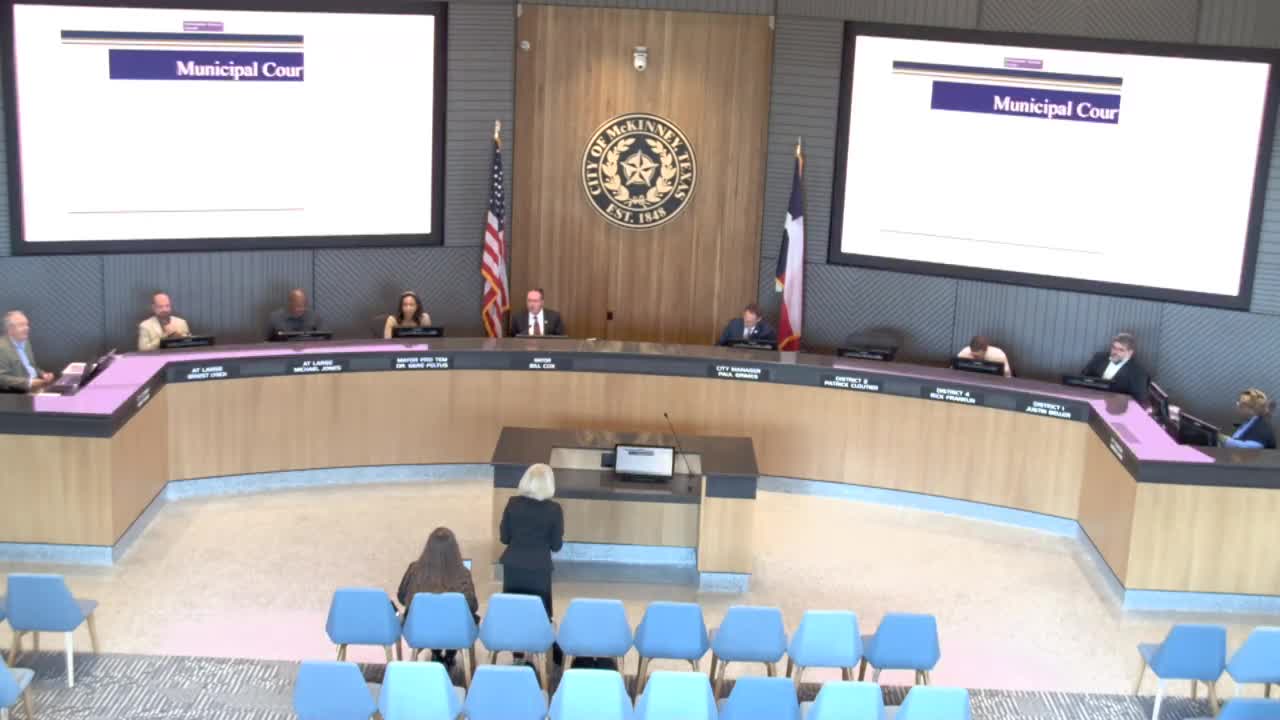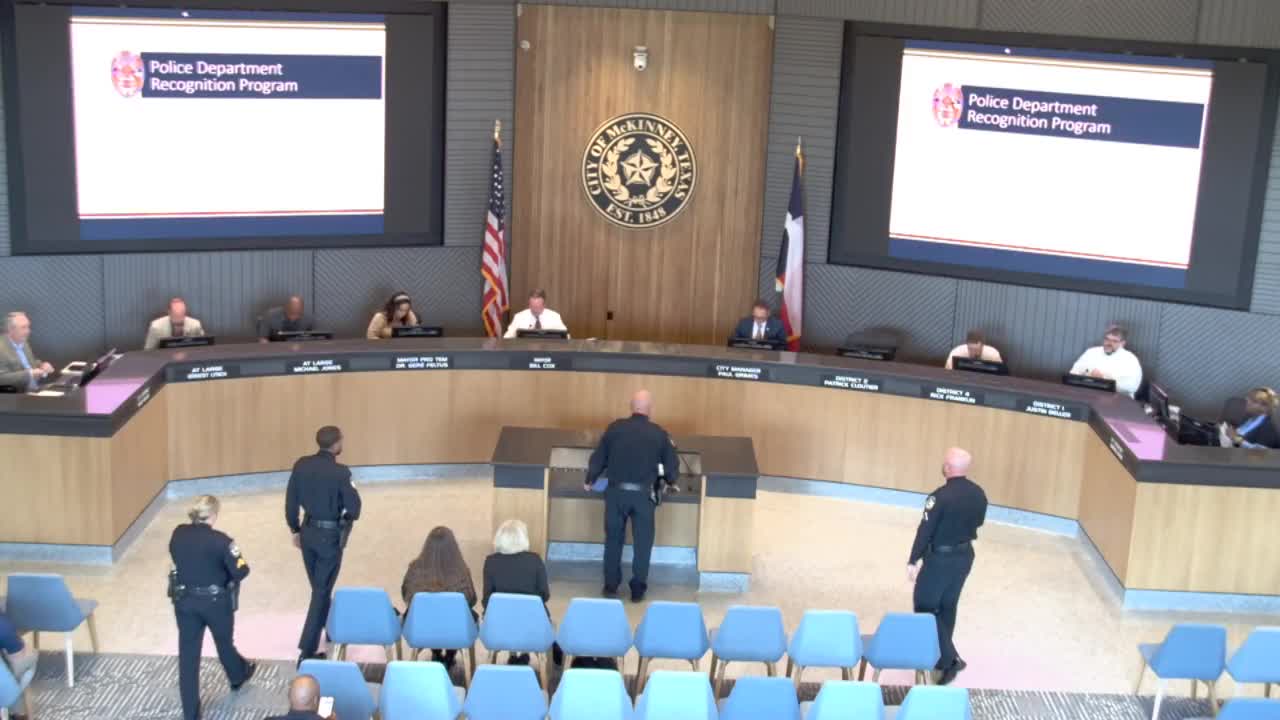Article not found
This article is no longer available. But don't worry—we've gathered other articles that discuss the same topic.

McKinney to pause Lower 5 Plaza after $15M federal grant rescinded; staff recommends redirecting COG funds to crossings

McKinney municipal court outlines youth diversion, expunctions, security and demand metrics

